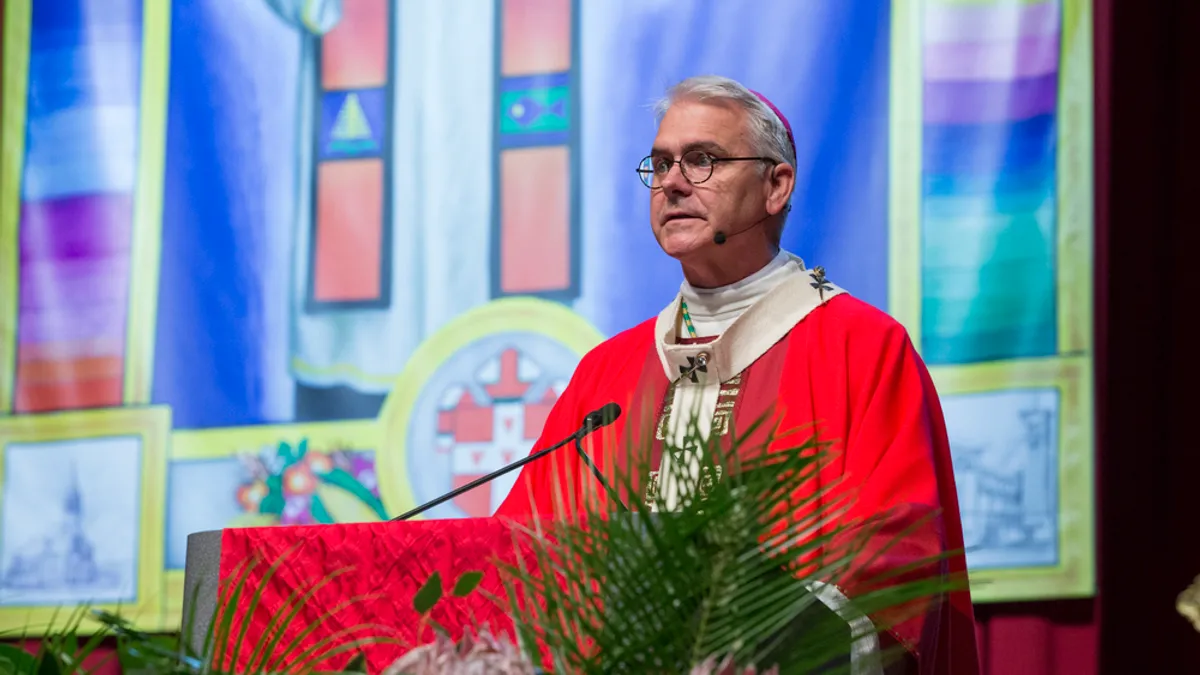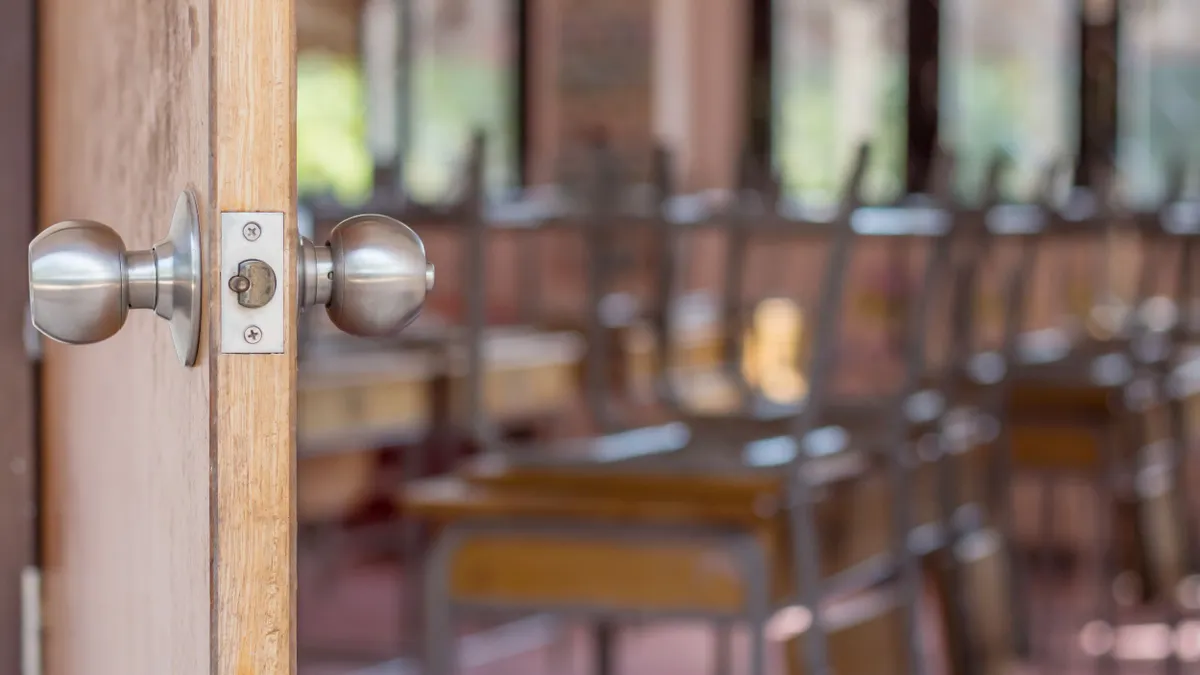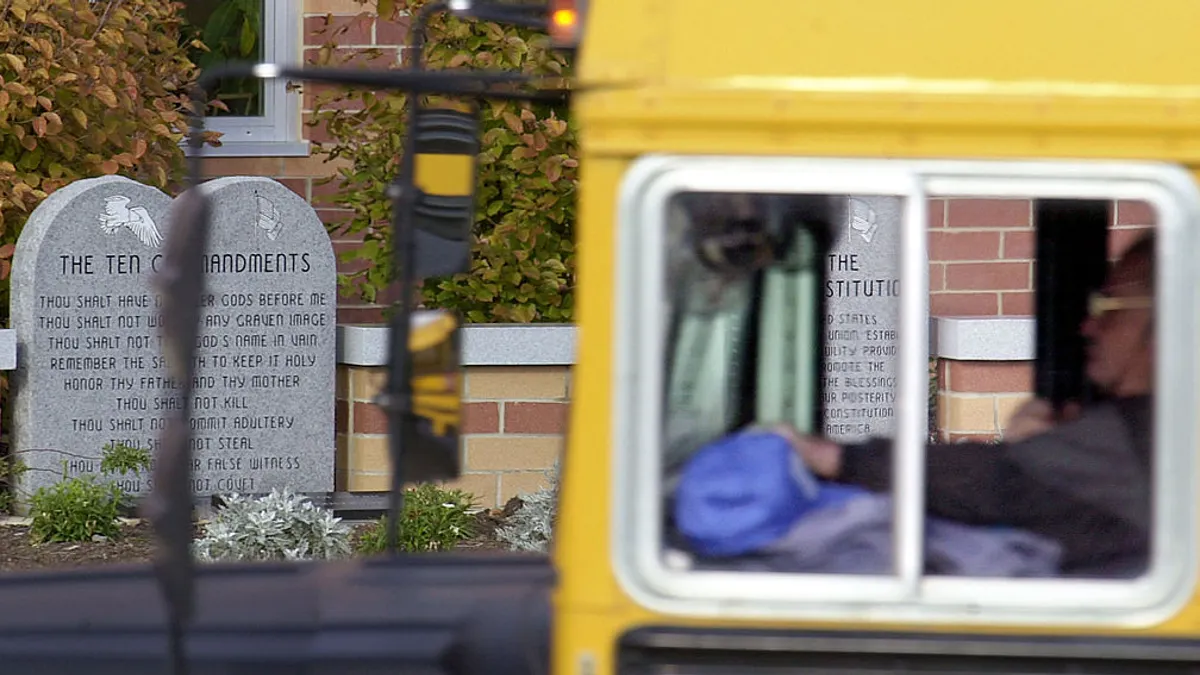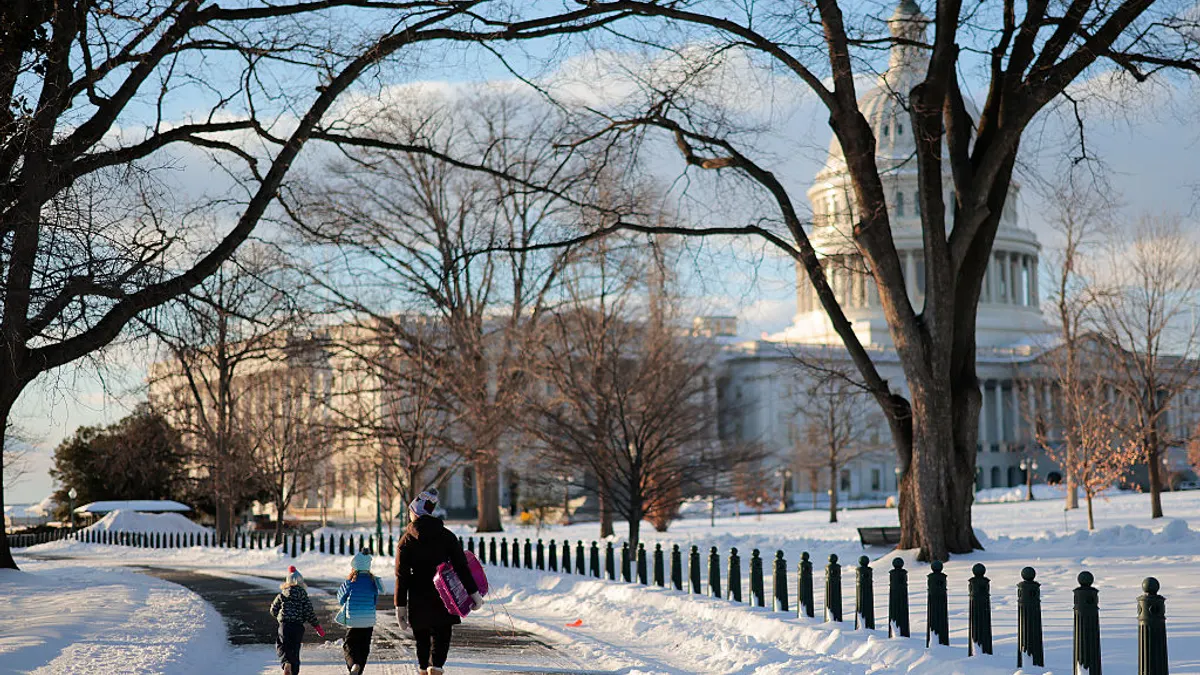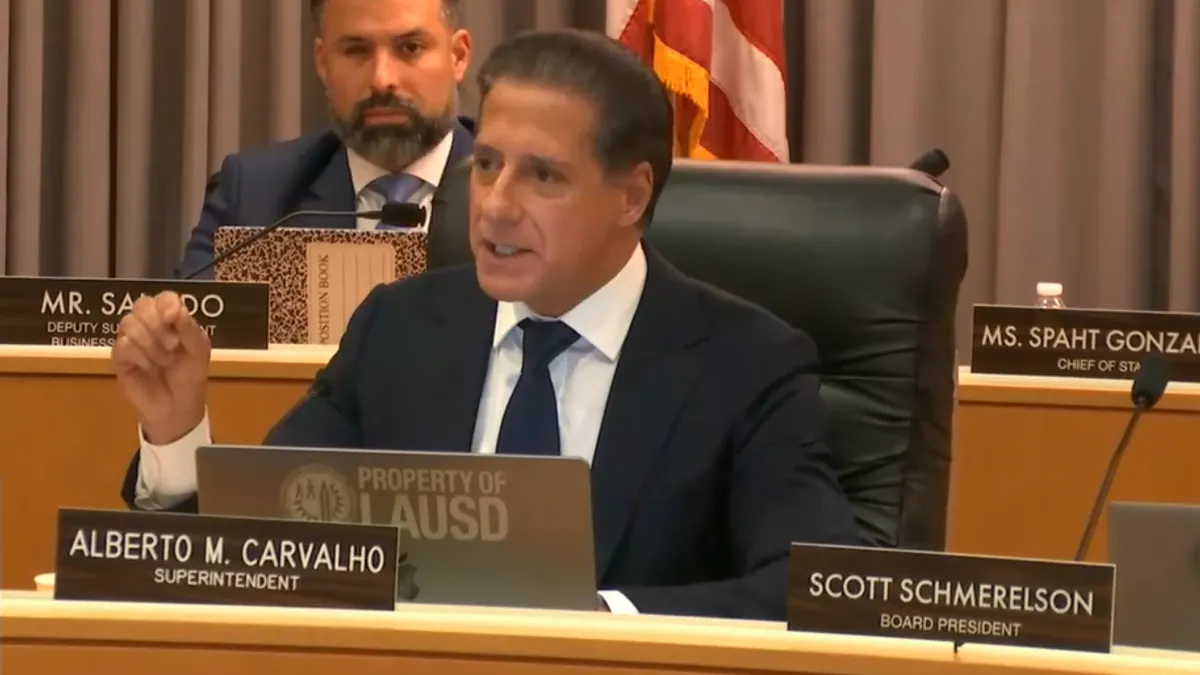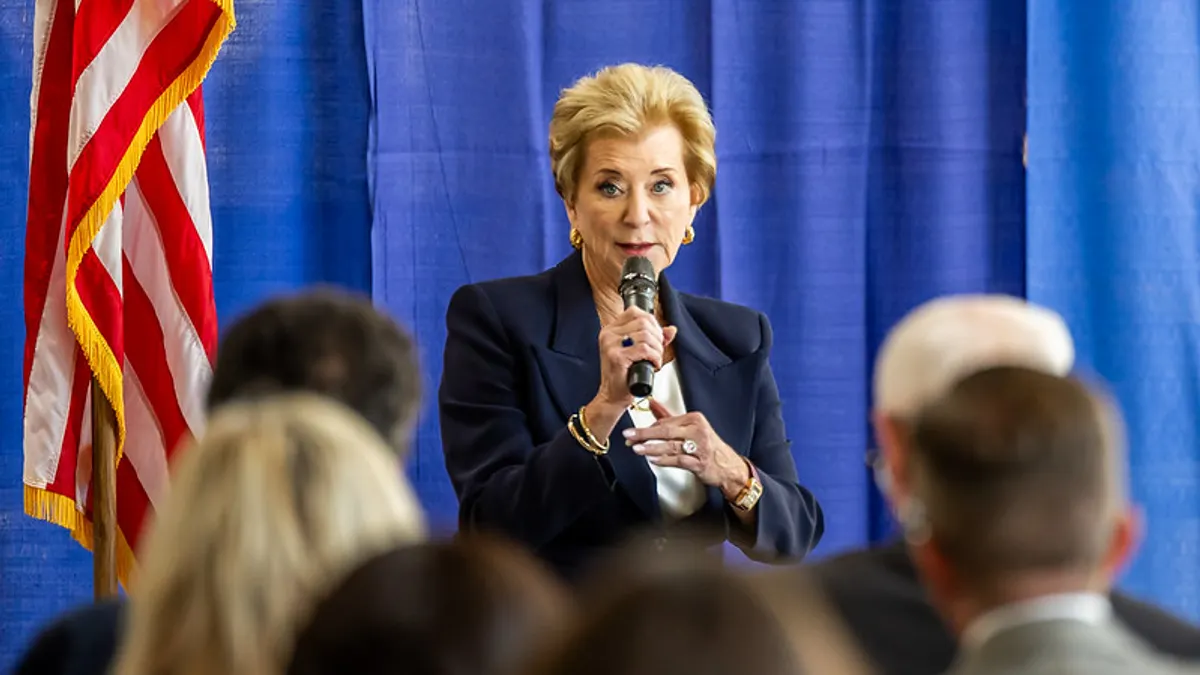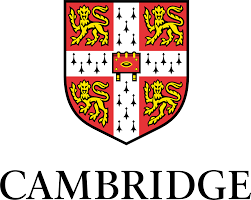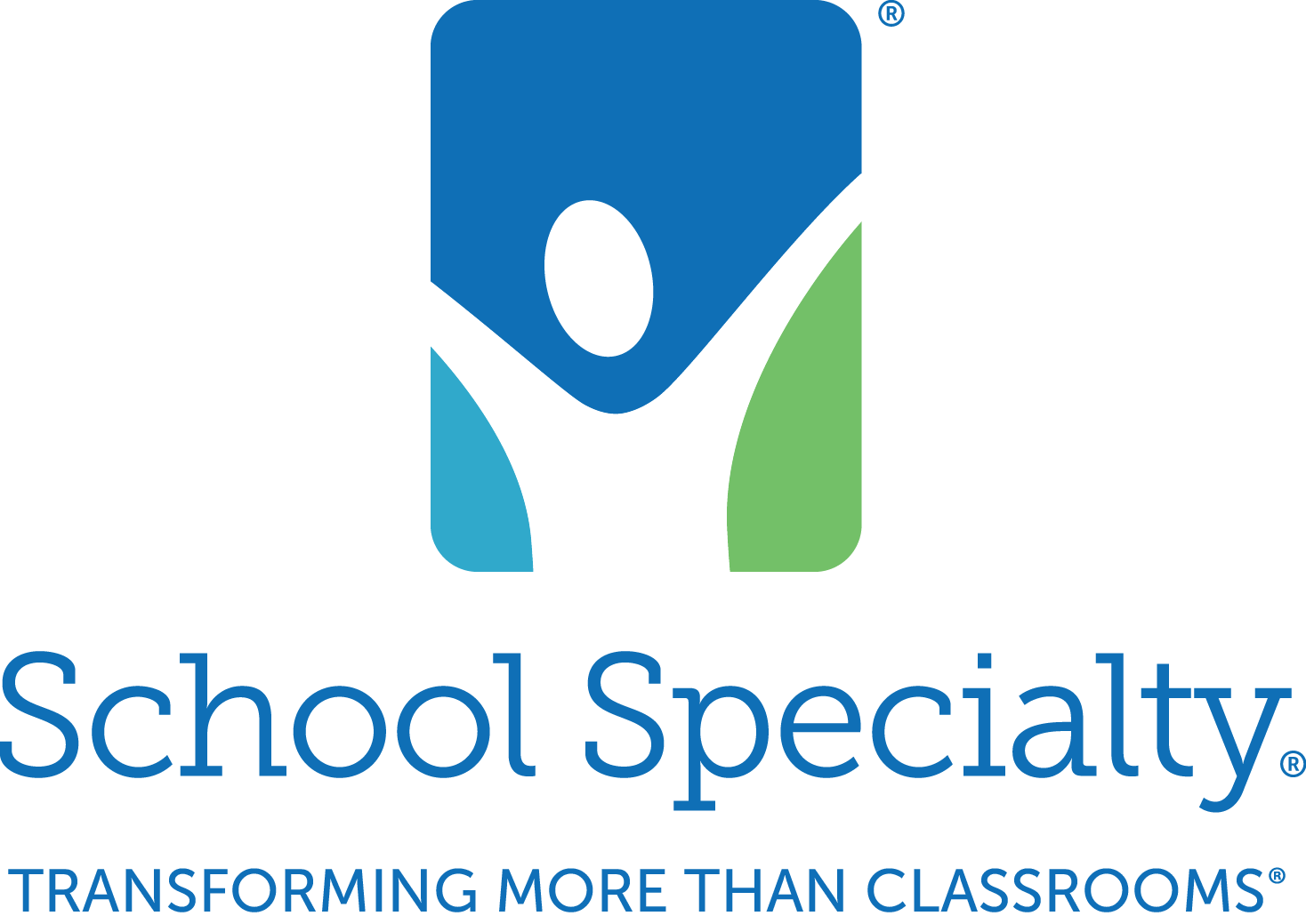The U.S. Supreme Court's conservative majority appeared open to allowing the creation of the nation's first Catholic public charter school during Wednesday arguments in a case that could open the floodgates for other publicly funded religious schools.
The high-profile case, St. Isidore of Seville Catholic Virtual School v. Drummond, was appealed to the high bench after the Oklahoma Supreme Court last year blocked the Catholic virtual charter school's opening set for August 2024 by severing it from the state's public funding. St. Isidore’s contract was approved by the Oklahoma Statewide Virtual Charter School Board in 2023 by a narrow 3-2 vote, and then challenged by state Attorney General Gentner Drummond, who argued it violated the Constitution's separation of church and state.
The questions before the justices Monday were multifold: Are charters with religious academic curriculum that are privately owned and operated acting on behalf of the state because they are funded by public money? And, do states violate the right to free religious exercise if they exclude religious schools from the charter school program?
"The argument is that either you are engaging in some sort of state action … and that you are a state entity," said Justice Clarence Thomas. "Those seem to be at the crux of the differing opinions and the argument."
While Justice Amy Coney Barrett recused herself from the arguments without explanation, the remaining eight justices weighed St. Isidore's religious curriculum, its operating board, requirements for student admissions and teacher hiring, and the case’s implications for public charter schools nationwide.
The highly controversial case divided even conservative leaders
Other cases related to the separation of church and state decided by the Supreme Court in recent years paved the way for the controversial religious charter school’s creation.
Carson v. Makin in 2022 and Espinoza v. Montana Department of Revenue in 2020 gave private institutions access to public funding regardless of their religious use or status. Decisions in those cases left open the possibility of a public religious charter school, which the court did not address at the time.
The decisions worried public school advocates, who said the logic from those cases could be applied to over 45 states with charter school-authorizing laws and require them to fund religious charters.
That worry materialized just months after the Carson decision, in December 2022, when former Oklahoma Attorney General John O’Connor, a Republican, cited the cases in his support for the creation of St. Isidore.
However, O'Connor's successor, Drummond, also a Republican, walked back that support and warned the statewide virtual charter school board that opening the school "will be used as a basis for taxpayer-funded religious schools." Drummond would later say, "Oklahomans can be assured that our tax dollars will not fund the teachings of Sharia Law or even Satanism."
Drummond's position not only put him at odds with his predecessor but also Oklahoma Gov. Kevin Stitt and state superintendent Ryan Walters, who has in recent years attempted to incorporate Bible teachings into classrooms before being blocked by the courts.
The divide between the conservative leaders reflects the controversial nature of opening the school, which even members of the Oklahoma Statewide Virtual Charter School Board acknowledged at the time of its creation was a "test case."
That divide also rang true in oral arguments Wednesday, with Justices Sonia Sotomayor, Ketanji Brown Jackson and Elena Kagan seemingly sympathetic to the Oklahoma attorney general's position against the religious charter. Meanwhile the remaining five conservative justices — including Chief Justice John Roberts — pushed back against the exclusion of the religious charter from government funds.
A clear divide on the court
On one hand, the virtual school board's attorney, James Campbell, argued before the court that the religious charter school is not a state actor, because it was established by two private catholic organizations that provided their own startup funding and is operated by a private board.
"All we have here is government oversight outside of the organization," said Campbell, who was also joined by counsel representing the proposed St. Isidore school and U.S. Solicitor General D. John Sauer. "Government regulation from the outside is not sufficient state action let alone control."
Jackson, Kagan and Sotomayor were highly skeptical of that argument and others that Campbell introduced — including that the government was discriminating against St. Isidore because of its religious beliefs and treating them as "second-class."
Among the liberal justices' top concerns were whether the curriculum would require students to abide by the Catholic faith, whether the state was tasked with overviewing that curriculum, and whether it was religious discrimination for a public program to deny all religious institutions from its benefits — in this case, charter funds.
"As I see it, it's not denying a benefit that everyone gets, it is being denied a benefit that no one else gets, which is the ability to establish a religious public school," said Jackson.
Kavanaugh was among the outspoken justices seeming to favor St. Isidore. "All the religious school is saying is: Don't exclude us on account of our religion … and then you come and say, ‘Oh you're a religious school,’" he said. "That seems like rank discrimination against religion."
Attorney Gregory Garre, who argued on behalf of Drummond and the Oklahoma Office of the Attorney General, said that "charter schools are public schools," which "don't allow the teaching of religion as truth."
Garre warned justices that if they were to rule in favor of St. Isidore, it would deem federal charter school programs in 47 states unconstitutional, because they require funds to be geared toward secular programs.
Other K-12 cases this term
The highly anticipated case heard on Wednesday caps off a series of education cases heard by the court this term, three of which were heard in just the past two weeks.
In March, the court heard FCC v. Consumers’ Research, a case that could decide the future of the federal E-rate program that schools, children and libraries depend on for discounted internet services.
In April, the justices heard Mahmoud v. Taylor, which could swing in favor of parental opt-outs and require schools nationwide to allow parents to excuse their children from certain instruction, including LGBTQ+ related materials.
That case was followed by a disability rights case, A.J.T. v. Osseo Area Schools, which took an unexpected turn of events after attorneys and justices couldn't agree on the question at hand. That case is expected to either lower or heighten the liability schools could incur in disability lawsuits under the Americans with Disabilities Act and Section 504 of the Rehabilitation Act of 1973.
Wednesday's case on St. Isidore marked the final K-12 case this term and is the latest in a series of cases in recent years on the separation of church and state in schools.
In 2022, the court sided with a football coach who prayed — sometimes with his students — on the 50-yard line, impacting how school districts manage staff exercises of religious freedom. That case was preceded by others such as Espinoza and Carson, which were cited heavily in arguments on Wednesday.


